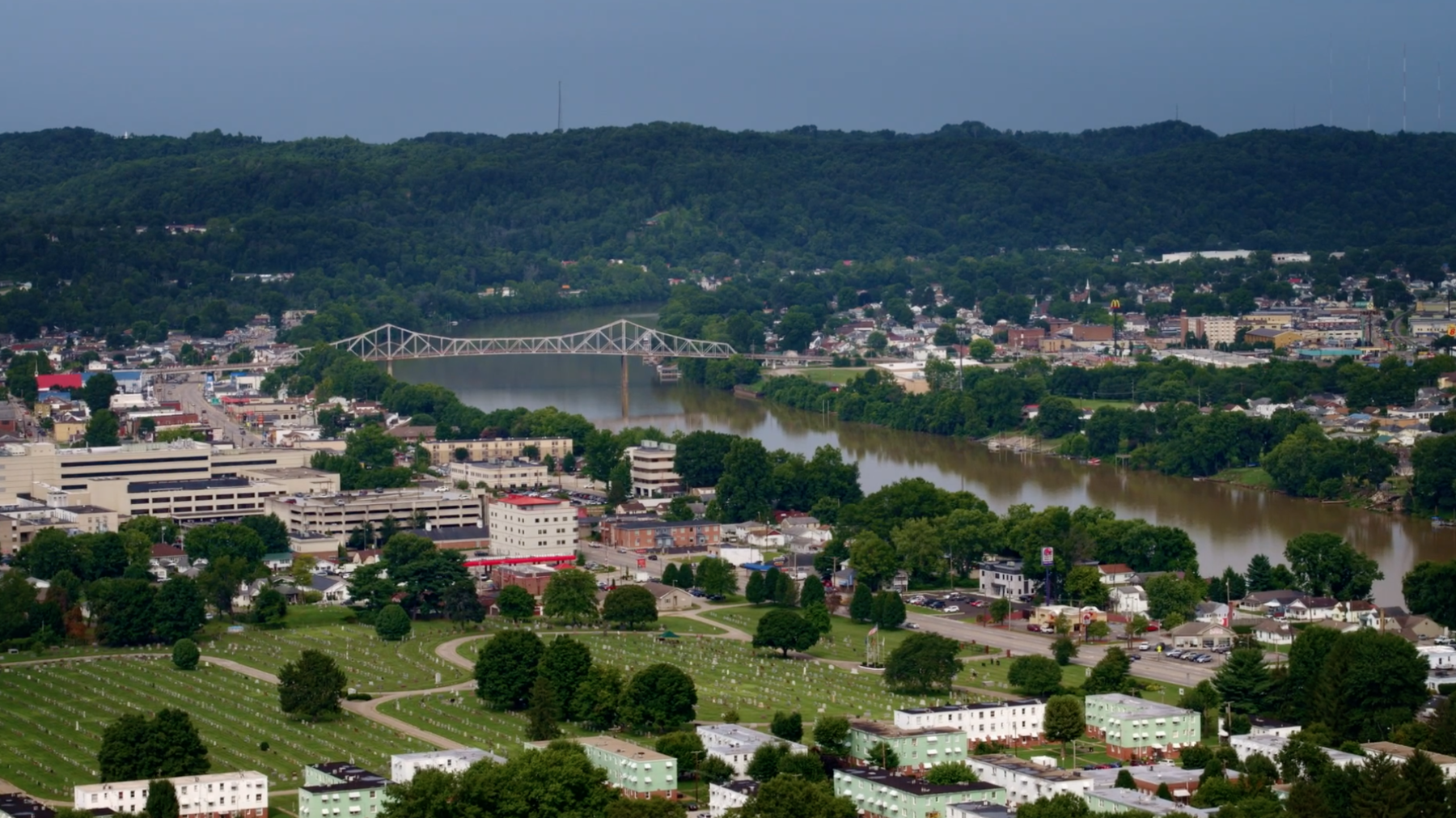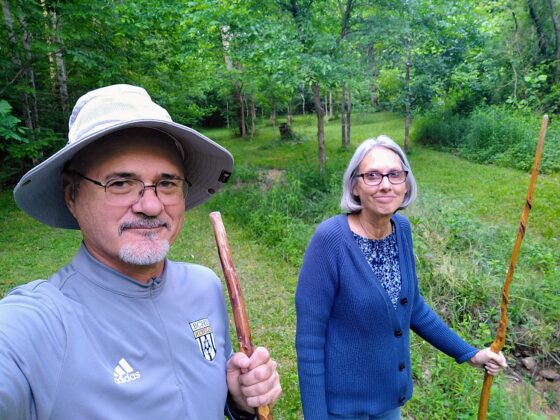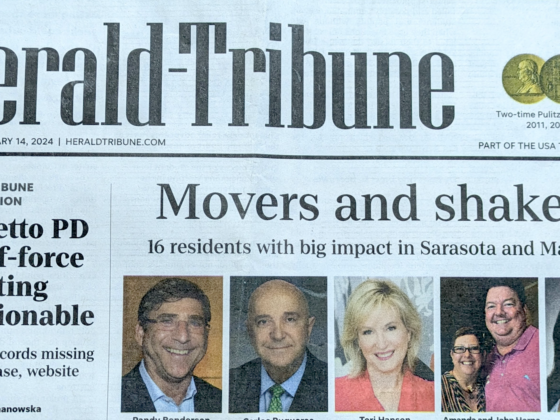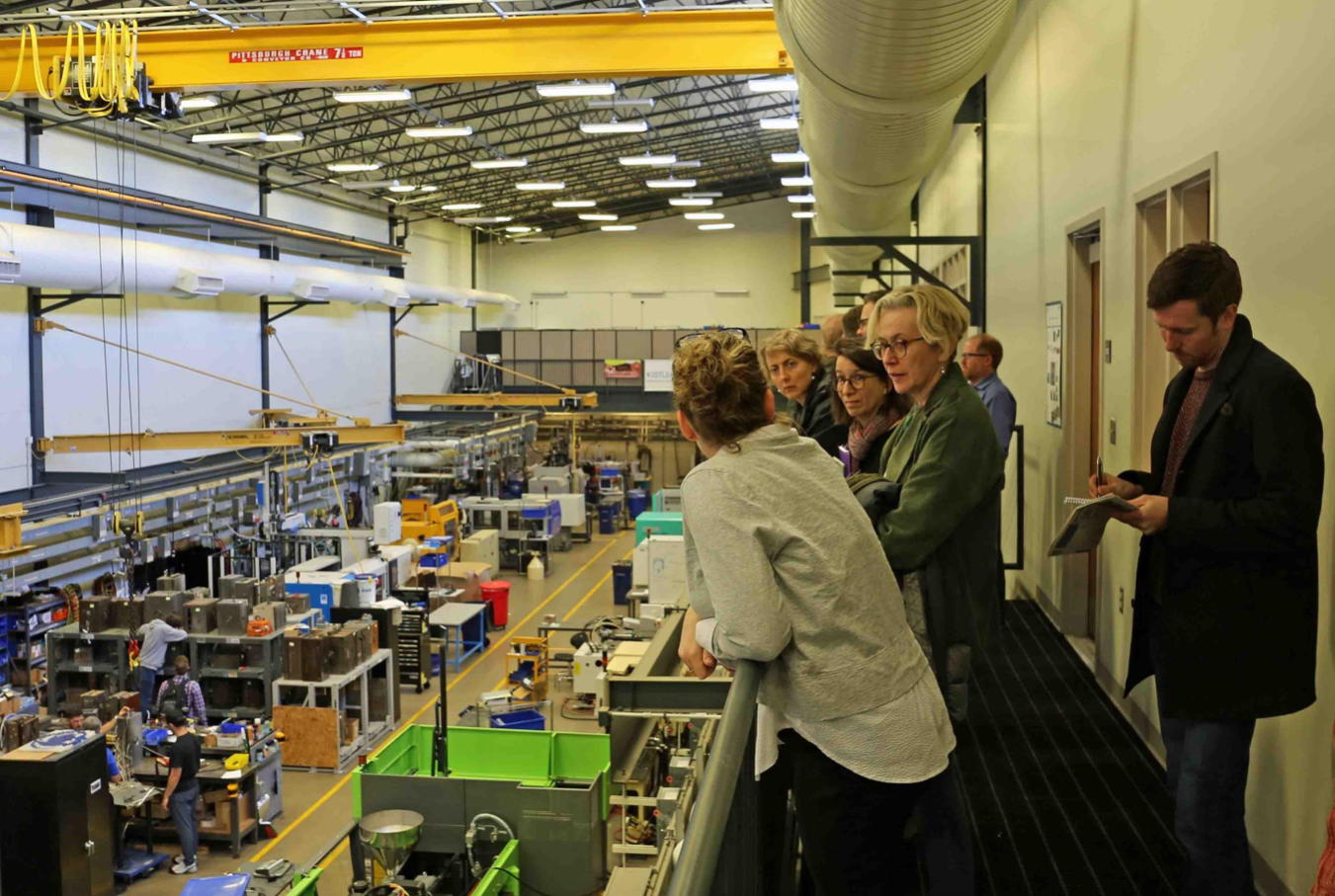An accountant, a lawyer, a real estate developer, and a construction contractor walk into a distillery in Charleston, West Virginia. But only two feet cross the threshold. This is neither a joke nor a riddle; rather, it’s Tighe (pronounced “tie”) Bullock.
And that one young man does have a sense of humor about what seems to be a unique mix of professional pathways rolled into one life journey.
“I jokingly tell people I’m not a great attorney, I’m not a great accountant – but I’m a good construction worker,” Tighe says over the phone during a recent interview while out west to raft through the Grand Canyon. Growing up, Tighe was a raft guide in West Virginia, known as the Mountain State. Too, he was swinging a hammer regularly – and constructively – by around the age of 12, thanks to his father, who’s an engineer and also a developer. But his lineage of labor runs even longer, back to both of his grandfathers, who were carpenters. Finding himself spatially inclined and enjoying working with his hands to build things, Tighe says he caught the construction bug early and never really looked back.
Tighe told me that as he was growing up in Thurmond, West Virginia, and “watching everything dilapidate around me,” he wondered: “Why is this happening? What forces caused this? I wanted to reverse that. And construction was a was a great way to do so.” He says that he found his passion for construction—”and then I said, ‘Well, I should probably go to college and maybe get an accounting degree to be able to talk to bankers better and to be able to speak that language’.”

A once prospering town at the peak of the coal industry’s boom, Thurmond, where Tighe was born, is now the least populated municipality in West Virginia. According to the town’s website, only five people currently live there. On a microcosmic level, Thurmond mirrors the recurring one-dimensional cliched headline about West Virginia: So goes coal, so goes West Virginia.
After two undergrad business degrees from West Virginia University, Tighe discovered that there was still more to learn. “I wanted to write better contracts, I wanted to understand bankruptcy better – because that’s all banks want to talk about in the beginning, you know, how do they get theirs back? That’s why I went to law school,” which he also completed at WVU, which is located in Morgantown, the state’s third largest city with a population around 30,000.
Since then, Tighe’s been putting his education and his passion to work to revitalize Charleston, as featured in the HBO documentary Our Towns. As Deborah Fallows explains in the voiceover an hour into the film when viewers first find themselves in West Virginia’s capital city, Tighe and his sister Megan have been renovating buildings in Charleston’s Elk City neighborhood. In the film, we get a taste of the eclectic mix of new businesses, from Tighe’s first project, Bully Trap Barbershop to Elk City Records to Books and Brew, as well as a project then-underway that is now up and running – The Bullock Distillery.
As Tighe points out, the Elk City neighborhood has been growing increasingly distressed over the past several decades. Charleston’s population has fallen by half since the 1960s, mainly for reasons particular to the state and the region—notably the decline of the coal and chemical industries. But it had another misfortune shared by cities in every part of the nation, when a new interstate highway sawed the city in half. While the new artery introduced would speed vehicles along more quickly and easily, neighborhoods severed from the city’s center began choking.

“It just really hurt the connection of Elk City to the rest of the city,” Tighe says.
“Lending can be a tough thing in an economy that’s shrinking with a population that’s also shrinking,” Tighe says. “When you’re faced with those kinds of challenges, one of the first things that that I do is kind of say, ‘Well, what do we have right now? What assets do we have that exists here that we can leverage?’ Instead of trying to recreate something or go build a strip mall out on the outside of town or something, how can we re-envision our downtown and redevelop it and bring it into its next life period?’”
To Tighe, Charleston’s future would be its small businesses. He cites Jane Jacobs’ seminal 1961 book “The Death and Life of Great American Cities,” drawing on examples of shopkeepers living above their shops, people in the neighborhoods knowing their neighbors because they passed them on the streets – today’s bumpability and walkability buzz words that drive development at the street level.
How has Charleston begun its modern renewal? Tighe credits the support system for local businesses and artists. He mentions a recent collaboration between two local restaurants, one a pizzeria and the other a taco shop, on mixed-menu dishes, as an example. And he sees this even with his newly launched, two-years-in-the-making distillery, the second in Charleston, which began production in April 2021.
“Some folks were, like, ‘Oh, gosh, you guys are going to be competition’ (to Charleston’s other and previously only distillery),” Tighe says. “Jeff (Arthur, owner of Mountain State Distillery) is an awesome dude. I text him all the time, asking him questions and asking him for help on stuff, and he’ll ask me for help on stuff.”
“And so yeah, I think it’s too small to fight over. Let’s increase the size of the pie – I think that’s more the mentality.”
When it comes to seeing the community support for artists, it’s harder to find a bigger, bolder example than Charly Jupiter Hamilton’s mural on one of the Bullocks’ buildings.
As Charly explains in the Our Towns documentary, when the Bullocks initially approached him to paint the mural, he thought they wanted an advertisement.
“No, no,” Charly says with cameras rolling. “We want you to paint something on the building that’ll change the community, change this whole place here,” they told him.
The mural spans the side of a building at a busy intersection with a stoplight that forces folks to stop and look. Featuring Charlestonians past and present, there are Union troops (West Virginia was the only state added to the United States of America during the Civil War in 1863, when it separated from the slave-owning Confederate state of Virginia), the state’s first female Mountaineer (Natalie Tennant), and a wide-ranging assortment of other folks, including townspeople who’d walk by and ask Charly to paint them in (and he obliged). Others were just happy to sit on Saturday’s and observe Charly creating.
“It was an event to watch, you know, like, live art happening. It was and is the perfect opportunity to try and bring the community together somehow through art,” says Tighe, who recounts standing in line at a gas station the day the local newspaper covered the mural’s unveiling.

“I just pointed my finger and said aloud, ‘Oh, the mural’s on the front cover!’ And the guy behind me was like, ‘Yeah, man, me and my daughter on there! Charly painted us in there!’ And we shared a little story about it.”
“It’s just a pile of bricks and it’s some paint, and a lot of Charly’s heart in it, but it brought the community together,” Tighe says. “And we had conversations in ways that only a mural could really do, and I didn’t really appreciate that until it was done.”
To Tighe, helping to breathe new life into old buildings is an important part of remaking Charleston, both what’s going on inside them and what’s visible to the community outside them.
“A lot of neighborhoods and communities have stories to tell, and it can start with that physical presence, and then begin that conversation of ‘What is the history of this place? How did how did this place grow up? What were its problems? What were its strengths?’ And yeah, it seems kind of silly – just a couple bricks and mortar and some wood – but it’s also more than that to a community.”
According to Tighe, the revitalization he’s had a hand in to date amounts to more than a dozen commercial buildings rehabs, each with two storefronts, with more than 20 new businesses brought online with around 80 new jobs created.
“If people just keep knocking down historic districts and rebuilding things, I think we lose the heart of our cities in the heart of our neighborhoods.”
The Elk City limb of Charleston may have been severed in the seventies, but Tighe Bullock – through business development, championing of public arts, and more – is improving Charleston’s vital signs brick by brick.




